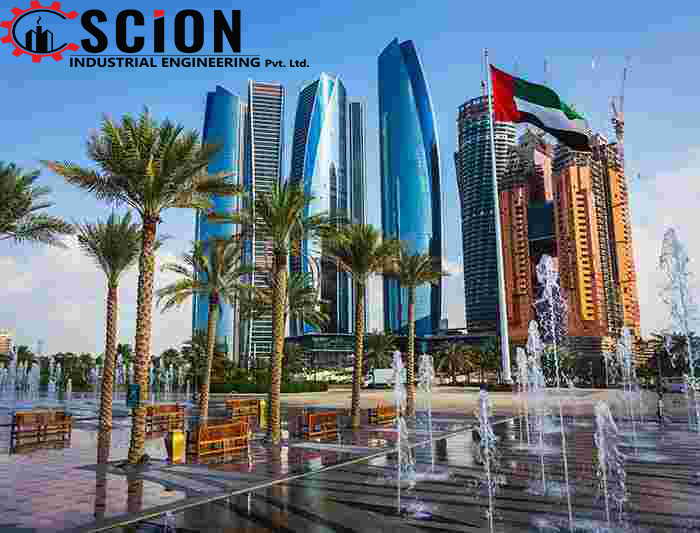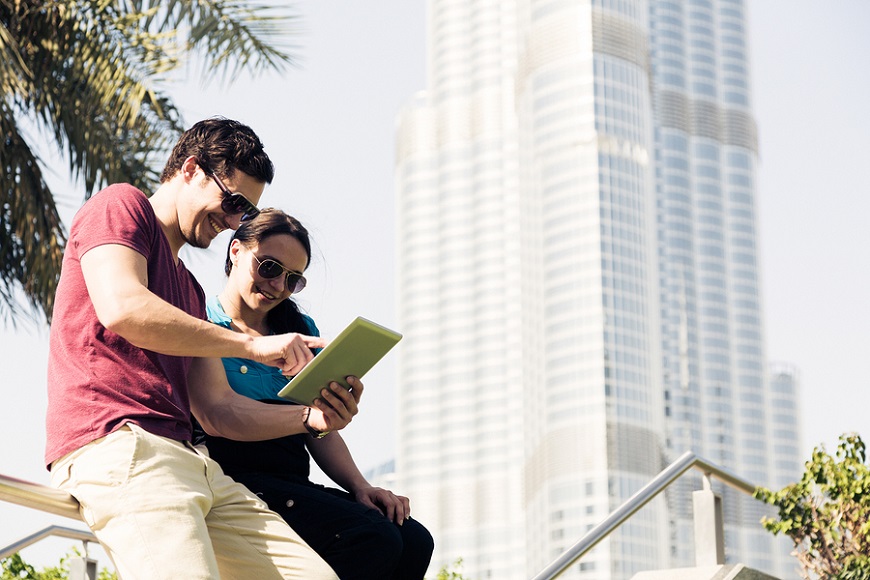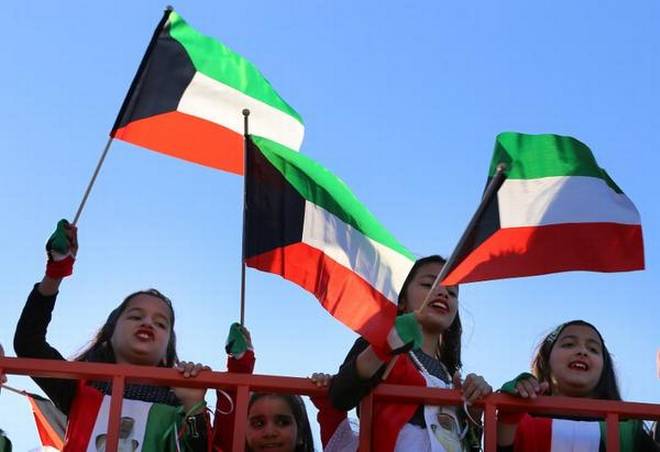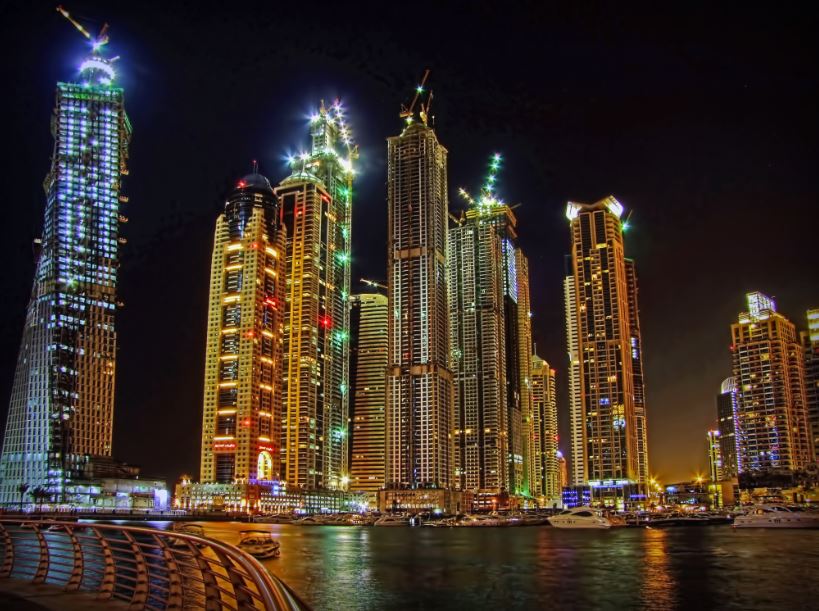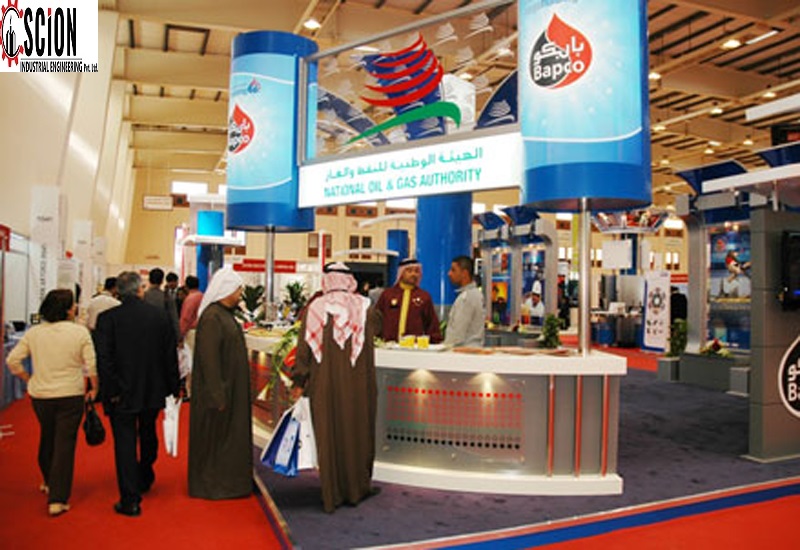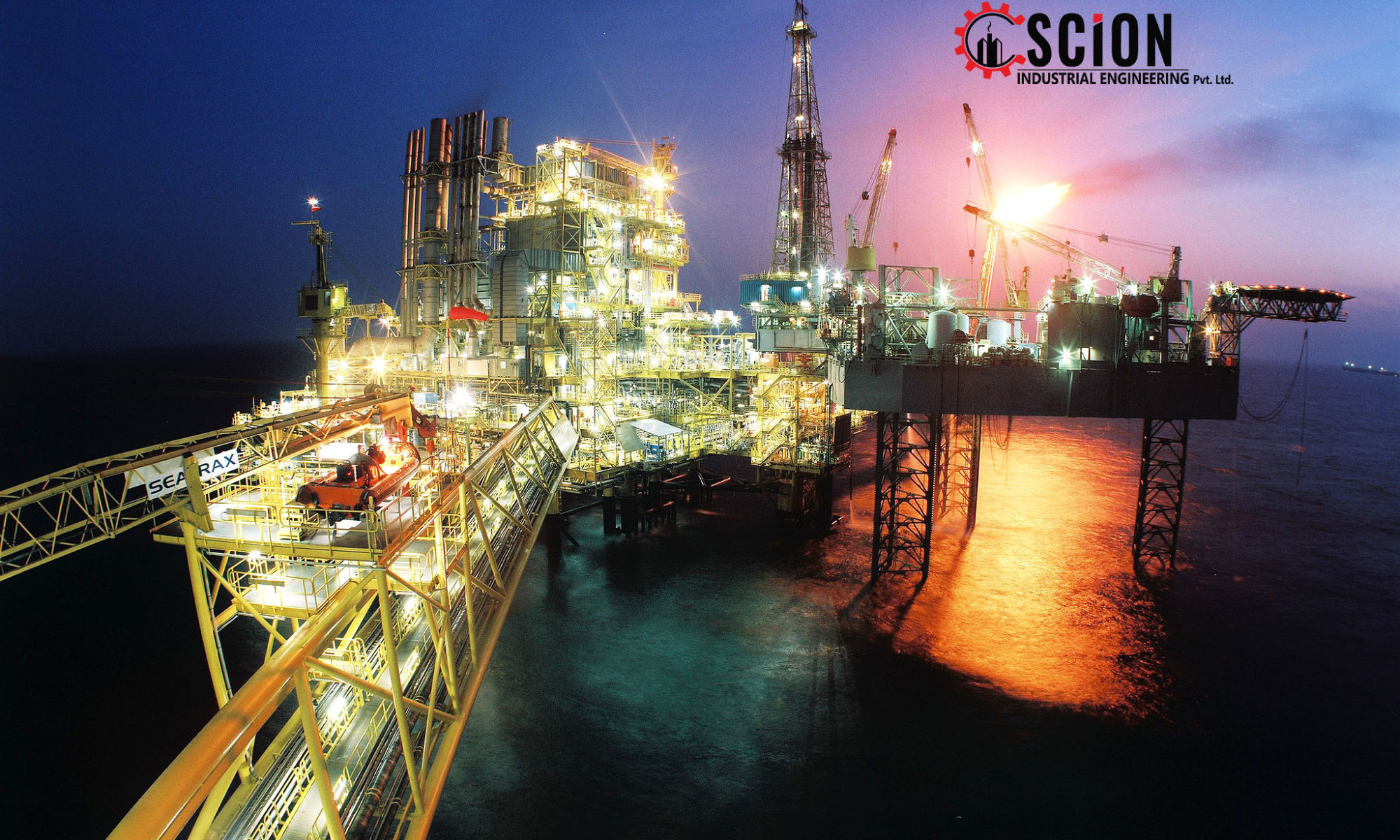BAGHDAD — U.S. shoppers will soon see “Made in Iraq” on clothing sold in American stores.
Shelmar, a 51-store retail chain based in Memphis, became the first American retailer to place an order with an Iraqi factory last month. About 2,000 tracksuits and boys shirts are expected to be on store shelves by early October, says Mike Longo, president and partner in the privately held company. Shelmar also does business as M Town and has stores in seven Southern states.
“We’ve got to get (Iraqi workers) back to work,” says Longo, who is a West Point graduate and former Army captain who taught at the Army’s military college in 1991 and 1992. “Otherwise, my buddies are going to keep getting … blown up.”
Longo says the deal with Mosul Ready to Wear, a state-owned factory in northern Iraq, was made after he was approached by a Defense Department team connecting American businesses to suppliers in Iraq.
At $10,000, the order is small, but the price was “comparably priced or lower” than what he normally pays, he says. The boys shirts will sell for $8, and the tracksuits will sell for $20, Longo says.
Hopes for a ‘great deal’
Sami Al-Araji, deputy prime minister of Industry and Minerals, which runs all of Iraq’s state-owned factories, says the deal is the first to bring together an American retailer with an Iraqi state-owned enterprise.
“It will be a great deal,” Al-Araji said. “For the first time, our product produced in our country will be in American stores. … And if Iraq succeeds in this, it means Iraq will be able to capture a percentage of the American market for our products.”
The order is small for a factory the size of Mosul Ready to Wear, which produces men’s suits, teen clothing and athletic wear primarily for the domestic market. Together with the Mosul Textile Factory next door, it employs about 3,500 people, Al-Araji says. The plant was shut down for about six months after the 2003 U.S. invasion and is now operating at 30% to 40% of capacity, Al-Araji says. With access to spare parts, continuous power and raw materials, it could return to 90% of capacity, he says.
Al-Araji says that talks about more clothing deals are in progress between other Iraqi textile plants and several well-known American retailers. The Shelmar deal is serving as a prototype for making future ones possible.
Shipping is still being worked out. “We’re trying to put some type of a system together for other arrangements,” Al-Araji said, adding that four or five other factories are expected to be making shipments to the U.S. market.
American retailers place orders from all over the Third World, Al-Araji says, citing textile producers China, Bangladesh and Jordan.
“We want to be just like them,” he says.
Bob Love, director of operations for the Task Force to Improve Business and Stability Operations in Iraq, says the Shelmar deal is a first but not the only one. Two more deals have since been signed. One deal is worth $250,000 for 200 rugs to be made by the State Company for Hand-woven Rugs in Baghdad. The other is for 120 rugs to be manufactured for $115,000 at seven different sites in Kurdistan, Love says. He did not provide the names of American buyers.
Each rug takes two to three people six months to weave, Love says.
Vital to restoring security
Paul Brinkley, director of the Pentagon-based Task Force for Business and Stabilization Operations in Iraq, says rebuilding Iraqi industrial capacity is an important element of restoring security.
According to a paper Brinkley wrote last month, Iraq’s unemployment rate is effectively at 60% and “a major contributor to instability.”
Before the war, 64 Iraqi government-owned factories produced consumer, agricultural and industrial goods. But Iraqi industrial production plummeted 80% after the U.S. invasion, due in large part, Brinkley writes, because of a series of decisions by the Coalition Provisional Authority, which ran the country for 13 months after the invasion.
The CPA transferred cash and receivables from factory coffers to infrastructure reconstruction projects, shutting off cash flow needed for operations. It prohibited commanders and diplomats from doing business with state-owned businesses, to drive demand to private enterprise. And the process of removing members of Saddam Hussein’s regime from Iraqi institutions eliminated the government’s planning staff, who managed industrial production, according to Brinkley’s report.
“If people are out of work, and you’ve got a population that’s disenfranchised and not part of the process, they’re going to become part of the problem,” says Col. Steve Boylan, a spokesman for Gen. David Petraeus, the top U.S. military leader in Iraq.
Last year, Lt. Gen. Peter Chiarelli, then commander of military operations and stabilization efforts in Iraq, pushed the Bush administration to consider restarting state-owned factories. Brinkley recently traveled to plants that produce fertilizer, pharmaceuticals, tractors and textiles, doling out grants totaling $40 million, which was appropriated by Congress to revitalize Iraqi industry.
Brinkley visited the Mosul clothing factory to deliver $575,000 for cotton, thread and fabric, spare parts and a new boiler to help expand production. Mosul Ready to Wear submitted a business plan describing how the money would be spent and how it intends to expand, Al-Araji said.
Factories will be monitored
Each factory that receives money has submitted a business plan for expansion, has been assessed by U.S. experts and will be monitored for a year to make sure it progresses toward its goals, Brinkley says. Brinkley says at least two dozen factories will reopen this year. They include manufacturers of textiles, tractors, fertilizer, plastics and handmade rugs.
Factories are identified for help after U.S. forces secure the surrounding area. Factories have not been targeted by militants, but Brinkley says the ongoing insurgency is still a concern.
“I worry all the time, but so far it hasn’t been a problem,” he says. “(Insurgents) haven’t attacked, and the local population seems to know better than anybody if it’s safe to go back to work.”
Longo says he has concerns, too.
He has no plans to draw attention to the Iraqi-made products, but he’s not sure how shoppers will react.
Source:https://abcnews.go.com/Business/story?id=3535683&page=1


